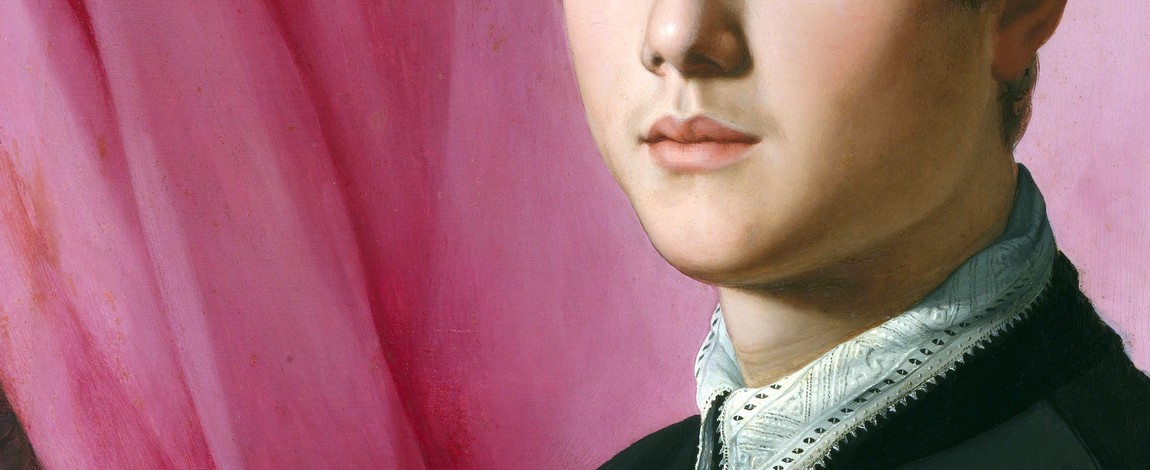
The 4th of September marked the 200th anniversary of the birth of Anton Bruckner, an event that went virtually unnoticed here in Catalonia. There were some concerts with his music and some magazines that wrote about him, but nothing else. I think it is a pity, because I would have said that a Bruckner Year would have been excellent for disseminating his work.
I wanted to close 2024 before the Christmas posts arrived with one of his Lieder, which will be the second I share. a few years ago I sent you a musical postcard from Linz, (where I attended the Bruckner Festival) which include Frühlingslied.
Bruckner's Lieder production is very short, consisting of about twenty songs, some of which were left unfinished. Nearly all of them were composed in a period of twenty or twenty-five years, while he was in St. Florian and Linz; the majority of them are from 1860 and 1861, when he was tutored by conductor and cellist Otto Kitzler, and we can consider them composition exercises. As far as we know, the rest were written solely for the pleasure of doing so, often to please or dedicate them to someone. This is the case of Frühlingslied, from 1851: his first (at least complete) song was dedicated to Aloisia Bogner for her fifteenth birthday; Aloisia being the daughter of the director of the school of St. Florian, his organ teacher, at whose house he was staying. And this also applies to the song we will hear this week, Mein Herz und deine Stimme [My heart and your voice]
Bruckner wrote it in 1868, and it was his penultimate song (the last one was composed in Vienna in1882). He dedicated it to Pauline Hoffmann, the sister of his student Helena Hoffmann, to whom he also dedicated a Lied a couple of years earlier, Im April. As with the Bogners, the composer had a good relationship with the Hoffmann family. They had known each other since he had lived with the parents, Josef and Josephina, during the year he studied in Linz at the school of teachers, more than twenty years before (the daughters were probably not even born yet)
The poem of Mein Herz und deine Stimme is by August von Platen, who lied lovers know for Schubert's Lieder as Du liebst mich nicht or Brahms' as Wehe, so willst du mich wieder. The words of the poet were not inspiring Bruckner music as intense as that of these or other Lieder with a poem by Platen. His Lied, with the character indication “Etwas bewegt, innig, lieblich” [With some motion, intimate, sweet] contains a restrained passion, sustained above all by the accompaniment; the composer allowed himself to go a little further only at the last stanza. Brucker repeats the last verse of the first two stanzas (we know that composers use repetition to emphasize the most important words), and the last two of the third. Thus, it opens the way for the beginning of the fourth and final stanza, which will be more intense. The last two verses have a sweetness that we had not previously heard. They are repeated twice, and the last one, even once again.
I think Mein Herz und deine Stimme is a beautiful song that we are listening to performed by Günther Groissböck and Malcolm Martineau.
Laß tief in dir mich lesen,
Verhehl' auch dies mir nicht,
Was für ein Zauberwesen
Aus deiner Stimme spricht!
So viele Worte dringen
Ans Ohr uns ohne Plan,
Und während sie verklingen,
Ist alles abgetan!
Doch drängt auch nur von ferne
Dein Ton zu mir sich her,
Behorch' ich ihn so gerne,
Vergess' ich ihn so schwer.
Ich bebe dann, entglimme
Von allzu rascher Glut:
Mein Herz und deine Stimme
Verstehn sich gar zu gut!
Let me read deep within you -
Do not conceal this from me either -
What kind of a magical spirit
Speaks through your voice.
So many words assail
Our ears without design
And when they have died away,
Nothing remains!
But if even from a distance
The sound of your voice finds its way to me,
I listen to it so gladly,
I find it so difficult to forget.
I tremble then, come alight
With all too rapid ardour;
My heart and your voice
Understand each other too well!
(translation by Sharon Krebs)














Comments powered by CComment